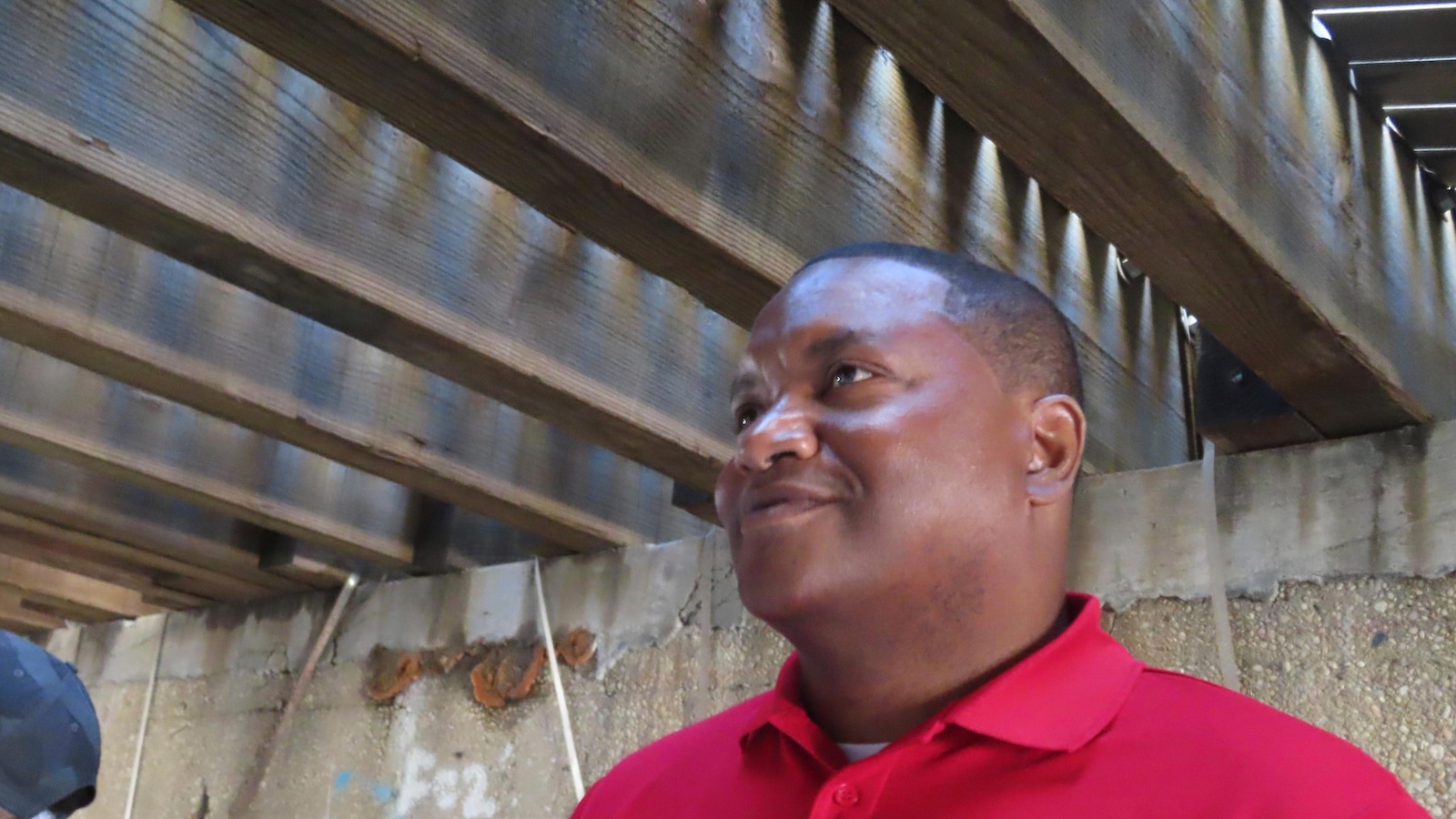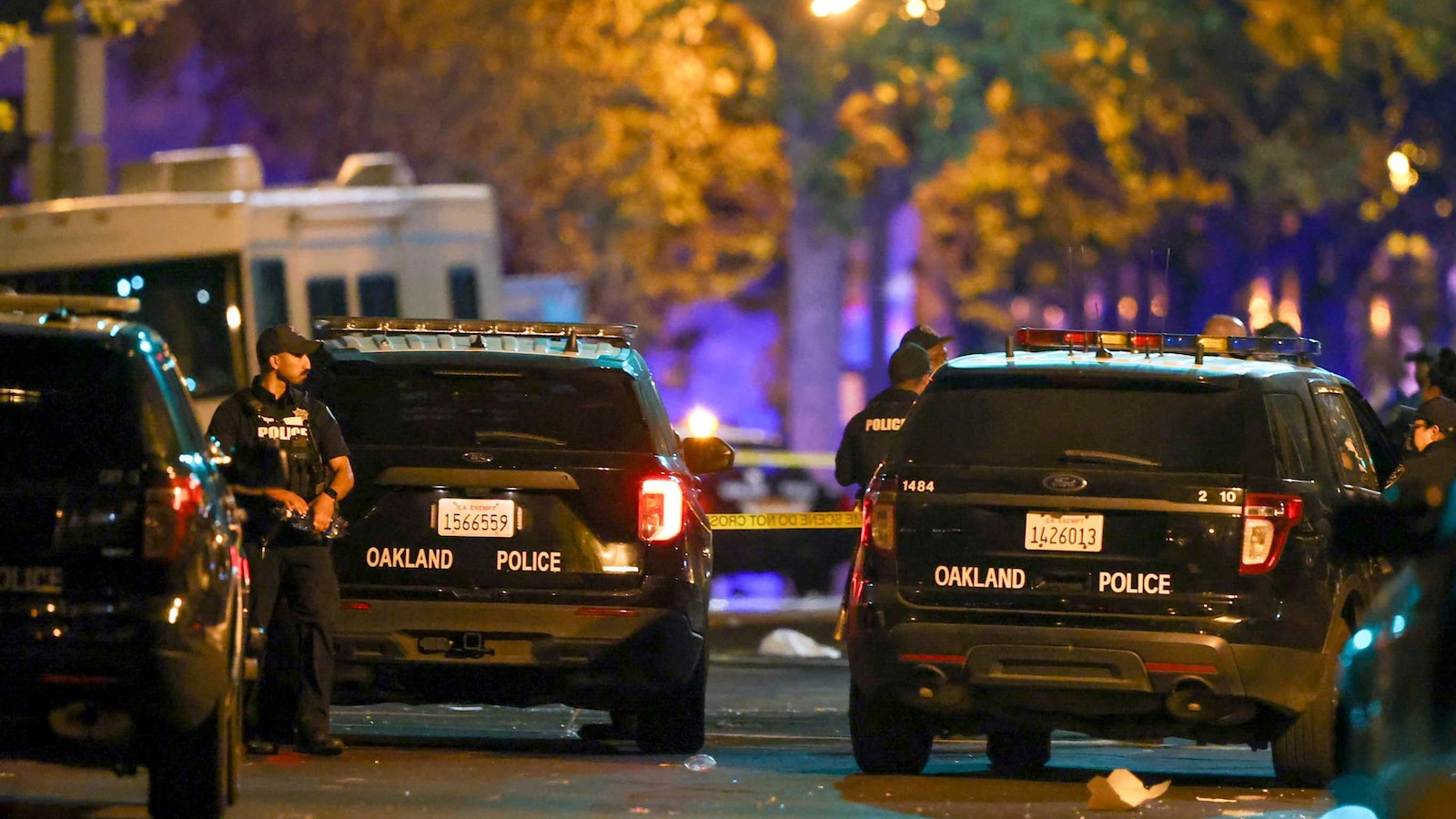
ATLANTIC CITY, N.J. — In a place with a long history of people living — and sometimes dying — under the Boardwalk, Atlantic City has launched an effort to address homelessness by preventing people from sleeping on public property and connecting them with shelter and services.
The effort comes only days after the U.S. Supreme Court ruled that municipalities can ban homeless encampments, something the city said would support its efforts to address homelessness.
It follows an April 19 fire that killed a man in a homeless encampment under the Boardwalk, months after another fire suspected of being started by homeless people burned a section of the boardwalk in front of Resorts casino. The damage has since been repaired.
“We cannot claim to be this world-class resort (if) we don’t handle the problems that the resort sometimes encounters,” said Mayor Marty Small, a Democrat.
The city is implementing plans by its Boardwalk Improvement Group, which includes using state funds to pay for workers, training and equipment to seek out homeless people and offer them help, including transportation back to where they came from.
But that offer is often rejected. Out of about 200 homeless people that city officials encountered since September, only five have accepted an offer to go back home, officials said.
Many others refuse help of any kind, said Jarrod Barnes, Atlantic City’s director of health and human services.
“When that happens, there is nothing we can do,” he said. “We can’t force them to accept help.”
A tour by city officials of places known to be where homeless people stay was only minutes old when they encountered a disoriented man sprawled across a sidewalk in the midday sun. An ambulance was called and he was taken to a nearby hospital for evaluation.
Not far away, in a vacant lot strewn with empty liquor bottles, two young women, who both described themselves as homeless, acknowledged having been assisted multiple times by city outreach teams.
Essence, who would not give her last name, said she was given a free stay at a motel by the city, but returned to the streets. At one point, she said, she lived in a homeless encampment under the Boardwalk, until police broke it up.
Tanisha, who also would not give her last name, said she had no idea where she would spend the night on Monday.
“We’re just trying to make a way, find a way,” she said.
But she acknowledged she and others living outdoors are not always ready to accept help.
“It’s really up to us to do what we got to do first,” she said. “The struggle is real.”
In the wake of the Supreme Court ruling, Atlantic City plans to introduce an ordinance in the coming weeks that would prohibit sleeping in public places. It could be adopted and put into place by September.
The outreach effort includes 10 full-time workers assigned to find and interact with people who are homeless, offering social services, a pathway into drug or alcohol rehab if needed, and a place to stay. Police assign officers to regularly patrol spots known as homeless gathering points, and police, fire department and public works officers have been trained on interacting with homeless people.
Small noted that some of the homeless encampments have shown signs of real ingenuity. Refrigerators and microwave ovens have been patched into jerry-rigged electrical connections.
And, he added, inhabitants at one encampment managed to tap into the hose of a line under the Boardwalk providing beer to a casino’s beachfront bar.
___
Follow Wayne Parry on X at www.twitter.com/WayneParryAC
Atlantic City, known for its bustling casinos and vibrant boardwalk, is also home to a growing population of individuals experiencing homelessness. In recent years, the issue of homelessness in Atlantic City has become more visible, with many individuals seeking shelter under the iconic boardwalk.
In response to this pressing issue, Atlantic City officials have pledged to address homelessness under the boardwalk and provide support for those in need. Mayor Marty Small Sr. has made it a priority to find solutions to help those experiencing homelessness in the city.
One of the main challenges facing individuals living under the boardwalk is access to basic necessities such as food, water, and shelter. The harsh weather conditions and lack of proper facilities make it difficult for individuals to find safe and secure housing. In addition, many individuals experiencing homelessness also face mental health issues and substance abuse problems, further complicating their situation.
To address these challenges, Atlantic City officials are working on implementing a comprehensive plan to provide support and resources for individuals living under the boardwalk. This plan includes increasing outreach efforts to connect individuals with social services, mental health resources, and substance abuse treatment programs. Additionally, the city is exploring options for creating temporary shelters and affordable housing solutions for those in need.
In addition to providing immediate assistance, city officials are also focusing on long-term solutions to address the root causes of homelessness in Atlantic City. This includes working with community organizations, non-profits, and other stakeholders to create sustainable housing options and employment opportunities for individuals experiencing homelessness.
Overall, the pledge by Atlantic City officials to address homelessness under the boardwalk is a positive step towards creating a more inclusive and supportive community for all residents. By working together and prioritizing the needs of those most vulnerable, the city can make a meaningful impact in improving the lives of individuals experiencing homelessness in Atlantic City.


